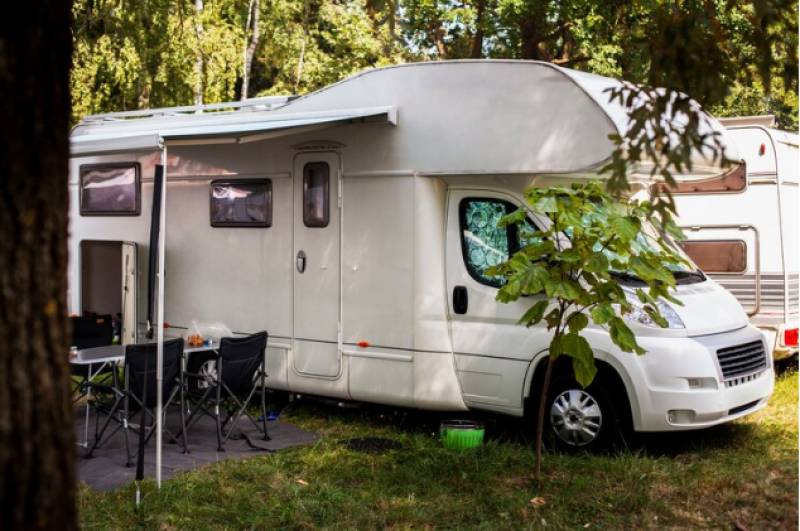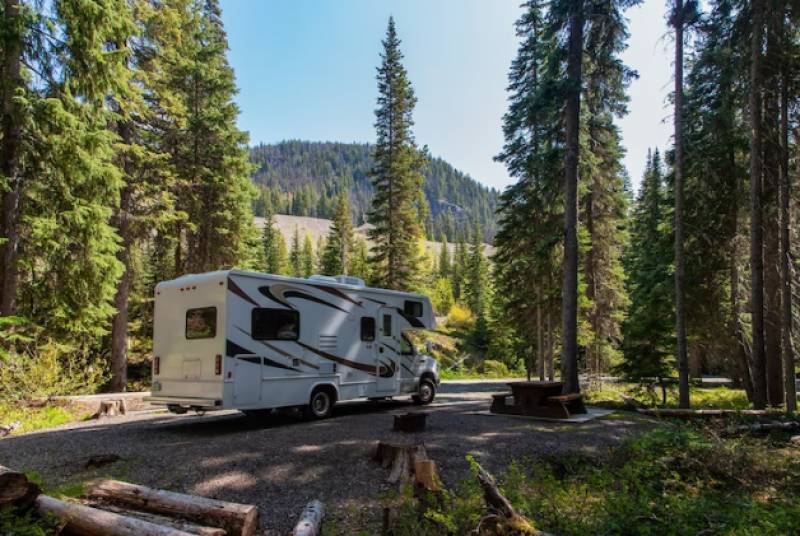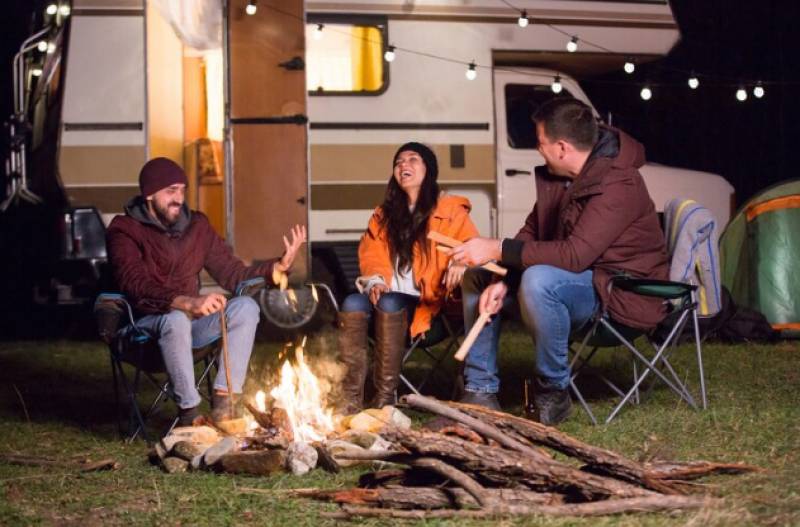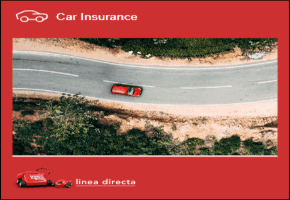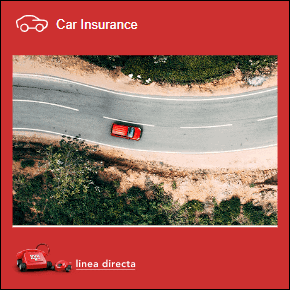Date Published: 05/03/2024
Complete guide to campervan rules and regulations in Spain
Make the most of your motorhome, caravan or camper adventure in Spain
Driving a motorhome, caravan or campervan through Spain can be an exciting adventure, offering the freedom to explore new destinations and experience the great outdoors. However, before embarking on your journey, it’s essential to understand the specific regulations and guidelines that govern these vehicles.
From licensing requirements to speed limits, insurance and safety considerations, there are several factors to keep in mind to ensure a safe and enjoyable trip.
1. Driving licence
If you’re planning to drive a motorhome, caravan or camper in Spain, you’ll need to make sure you have the proper licence. For caravans with a maximum authorised mass (MAM) of 750kg or less, a type B license is sufficient. However, if the MAM is greater than 750kg, you’ll need a class B+E license.
Motorhomes with a MAM of 3,500kg or less require a class C license, while heavier vehicles need a class D license.
2. Speed
When it comes to speed limits, caravans have a maximum speed of 90 km/h on motorways and 80 km/h on conventional roads. Motorhomes can travel at up to 120 km/h on motorways and 90 km/h on other roads, provided their MAM doesn’t exceed 3,500kg.
However, this is just a general rule and all drivers need to observe the speed limit set for individual roads, which can often be much lower.
3. Licence plates and MOT/ITV
All caravans and motorhomes must have a license plate, except for trailers with a MAM below 750kg. Trailers with a MAM above 750kg must have their own license plate, which will be the same as the one for the car towing.
Any vehicle driving on Spanish roads, whether a motorhome or a car pulling a caravan, must have passed its ITV, or otherwise be allowed to drive on Spanish roads using the equivalent in another country, such as the MOT in the UK.
Specific insurance is also required for caravans and motorhomes, while trailers weighing less than 750kg can be covered by the towing vehicle’s insurance.
4. Children and pets
In terms of safety, children must occupy their own seat and wear a seatbelt, while pets must be safely secured in a carrier or harness at all times.
5. Parking
Taking a nap while the motorhome is moving is absolutely illegal, and occupants must remain seated and belted at all times.
6. Fines for incorrect parking
Parking or camping in prohibited areas can result in fines up to 200 euros and camping in environmentally protected areas can incur penalties up to 60,000 euros. Additionally, taking chairs or tables onto the street will be considered illegal camping and may result in fines.
To avoid any issues, it’s important to follow the specific traffic and coexistence regulations for motorhomes, caravans and campers.
It’s also vital to note that many city and town councils implement their own campervan rules, particularly when it comes to overnight parking, so you should always check in advance to avoid a nasty surprise.
Driving a motorhome, caravan or campervan through Spain can be a fantastic experience, offering the opportunity to discover new places and create lasting memories. However, it’s crucial to respect the local laws and regulations to avoid any problems during your trip.
Images: Freepik
article_detail

|



